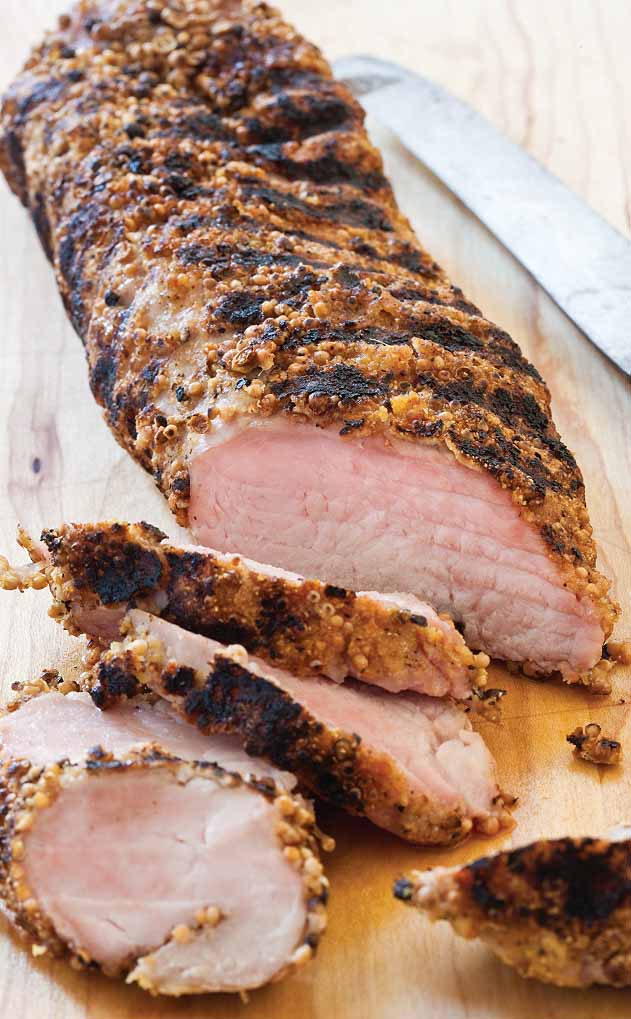Editorial April 13, 2018
Facing Trade War, Let’s
Buy U.S. Pork, Apples, Wine

When did tariffs become a dirty word?
In the early days of the Republic, tariffs were used liberally to allow the development of such mainstay domestic industries as coal, iron and textiles in the face of Great Britain’s overwhelming advantage.
When Henry “The Great Compromiser” Clay died in 1852, obelisks were raised in his honor: Not for saving the Union, but for championing the tariff.
Beginning with Mexico’s addition to NAFTA, the North American Free Trade Agreement, in 1994, manufacturing jobs began to stream out of the U.S. Predictably, since wages were so much lower south of the border. (In 1992, president candidate Ross Perot had famously predicted that “great sucking sound.”)
You have reached your limit of 3 free articles
To Continue Reading
Our hard-copy and online publications cover the news of Otsego County by putting the community back into the newspaper. We are funded entirely by advertising and subscriptions. With your support, we continue to offer local, independent reporting that is not influenced by commercial or political ties.

